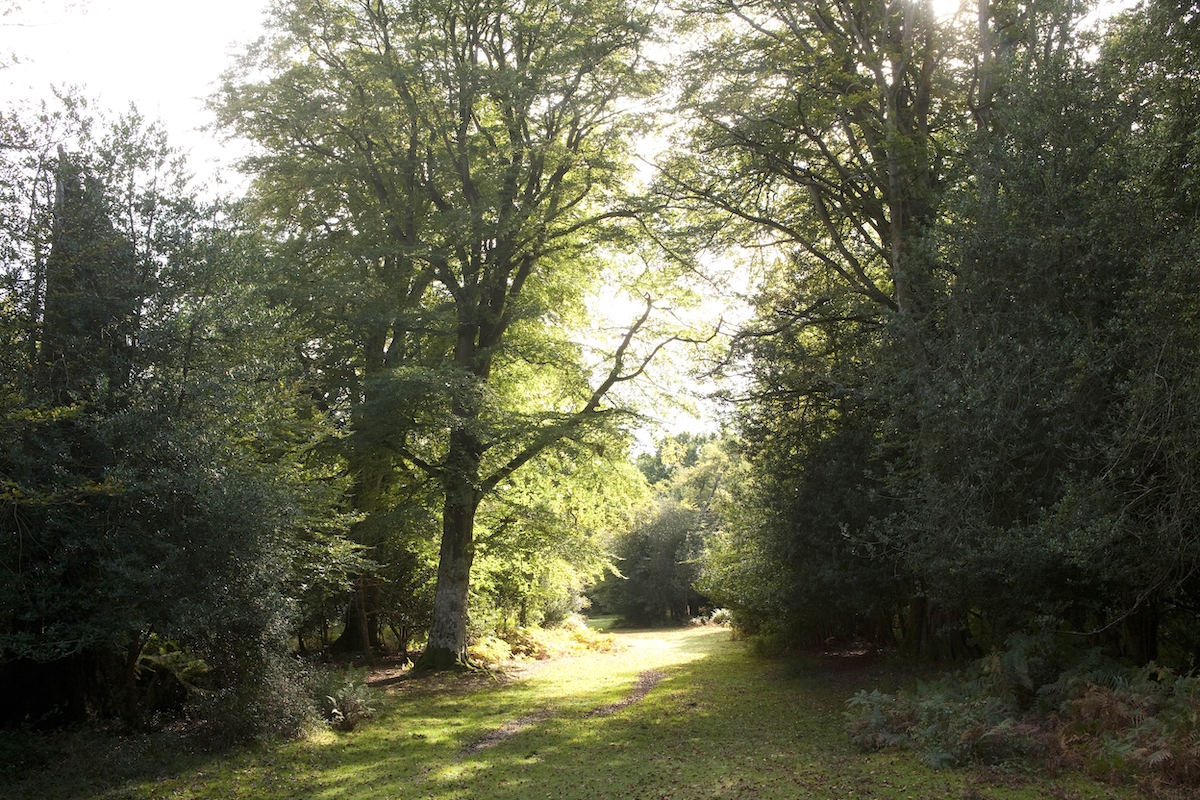Public access is not a right
It’s now time to stop this fanciful idea that all woodland and inland water in England and Wales should be open to public access as a right, says Alasdair Mitchell

Should all woodland in England and Wales be open to public access as a right?
You know where you are with Auntie Beeb. She always marches to the same drumbeat: left, left, left. Take a Radio Four programme called Positive Thinking. A recent episode was a paean to the concept of throwing private land open to all comers for public access without permission or payment. The justification was the mental and physical wellbeing of the urban masses, apparently. Unlawful mass trespass was promoted on the programme by an access lobbyist who was allowed to hold sway without being inconvenienced by any tough questions.
I wonder if the Beeb will ever get round to airing a programme advocating a mass revolt against paying the TV licence fee. (Read more on Chris Packham and the BBC.)
Trespass stunts
The activist proposed that, as a bare minimum, all woodland and inland water in England and Wales should be open to public access as a right. His organisation had already held a number of mass trespass stunts and he claimed that they had helped to clean up private woodland, not least by picking up used shotgun cartridge cases. The Beeb wheeled out a succession of supportive commentators, leaving a lonely spokeswoman from the CLA to raise questions about legal liabilities. Her views were dismissed by a man who cited Scottish land nationalisation.
Scotland is always used by lefties as the exemplar of free countryside access. But Scotland has a vastly lower population density than England and different legal traditions. It has huge, remote areas where walkers can roam without causing too much disruption to the lives of rural residents. But even so, in the tourism hotspots and on urban fringes, the Scottish system leads to problems for wildlife, fieldsports, farming and privacy. Even separatist politicians have asked for legal constraints to curtail the behaviour of errant wild campers in sensitive areas, for instance.
Well, the situation in England is akin to the most highly pressurised parts of Scotland – except that England has many more miles of linear public rights of way. Imposing Scottish-style public access on to the densely populated English lowlands would make driven pheasant shooting, fishing and woodland deer management highly problematic.
The 120-page Scottish Outdoor Access Code does at least attempt to promote respect for privacy and legitimate countryside activities. How well this works in practice depends on the level of visitor pressure, I suspect. Only a small proportion of the public are idiots. But then, even a small proportion of a big number is a lot.
Funding stopped
The access lobby points out that farmers get public funding. Yet that funding is for specific environmental matters and farms are workplaces. There was a scheme for funding the granting and maintenance of permissive paths. This provided the right sort of access in the right sort of places. But two years ago, Defra stopped it, choosing instead to facilitate fanatical activists who relish claiming public rights of way — at taxpayer expense — through crop fields, farmyards, gardens or whatever. Funnily enough, these activists seldom live in the countryside.
Besides, if being in receipt of a certain amount of public money is the issue, then what about the 5.74 million people in the UK’s public sector, who get their entire income from the taxpayer? Should we have the right to roam on any property owned by a teacher, nurse, police officer or council worker?








